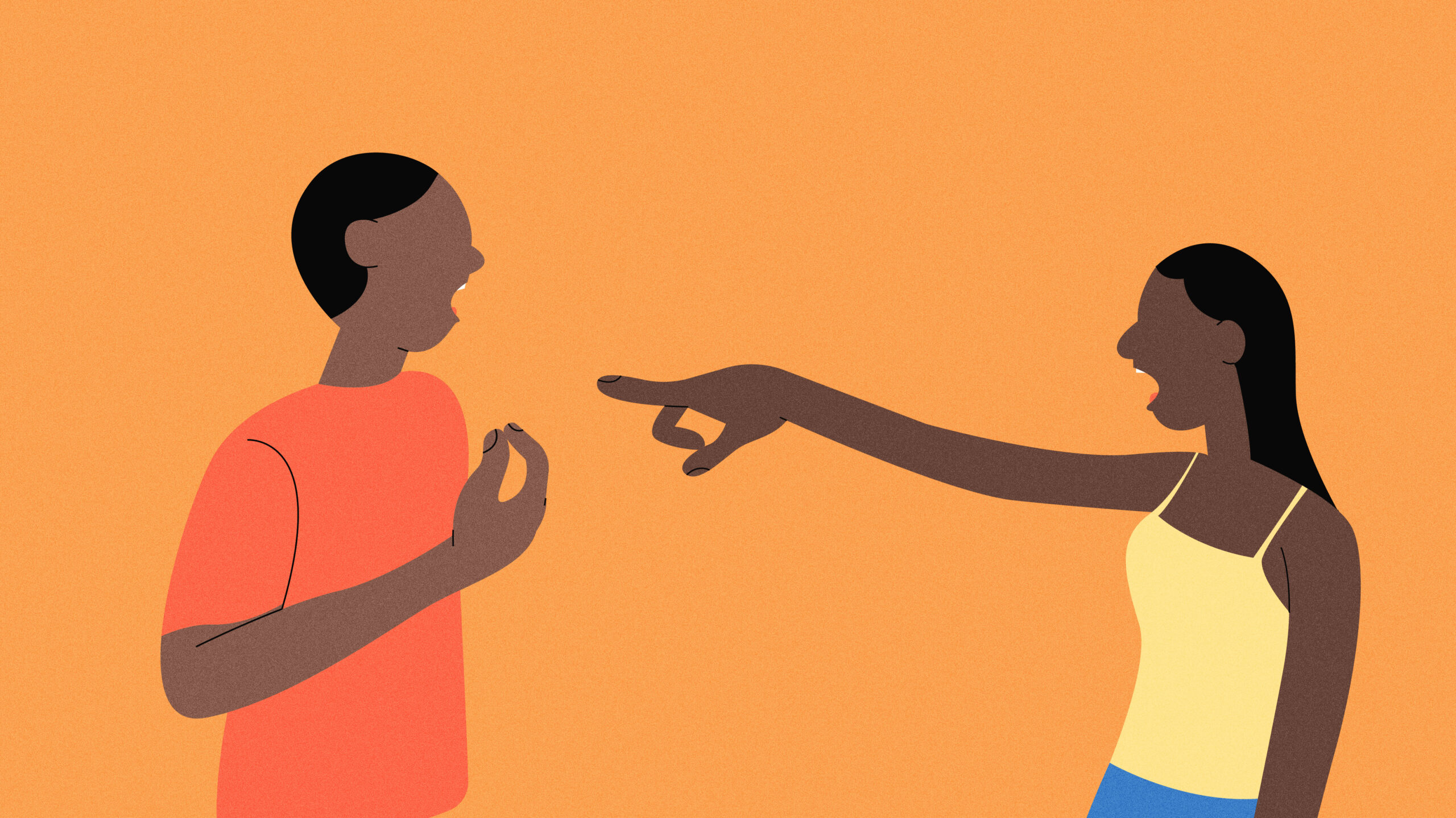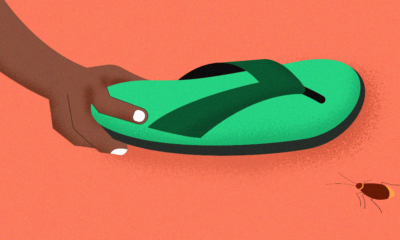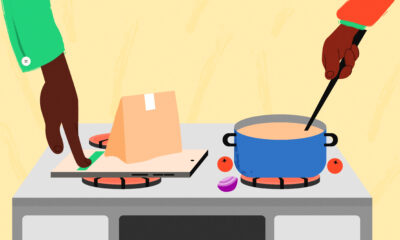Features
When Does Asking Become an Accusation?

Nigerian author, Chika Unigwe, tweeted a few days ago about how some years ago, she couldn’t find €100 placed on her desk after her cleaner cleaned her apartment. Since she had no proof and wanted to keep her, she didn’t ask her about it. Not long after, a CD went missing a while after the cleaner finished cleaning. And yet again, she didn’t ask her about it because she didn’t have proof. Instead, she resolved to be more careful. The cleaner worked for her for several years until she died.
Some years after, Chika was moving to another continent and as she was packing her coats, she found the €100 inside one of her pockets and the CD stuck inside a multi-disc player.
She wrote, “I was grateful to find my stuff back, but more grateful that I never accused this now-deceased woman of stealing them, because I wouldn’t have had the chance to ask for her forgiveness. My point is that unless you are 100% sure, do not throw accusations around.”
I agree with Chika Unigwe about not throwing accusations around when you have no proof but someone who commented argued that asking if they found the money is different from accusing them of stealing. When we lose things in the house, we ask everyone, including the children if they found it. It doesn’t mean we are accusing them of stealing. However, what makes Chika’s narration different from the commenter’s point of view is that there’s a class divide. And, except there is an existence of a relationship that won’t necessarily insinuate that, a cleaner can simply assume they are being accused of stealing when their boss asks if they found something.
The perspectives made me arrive at a point: our relationship with people determines how we interact with them and how they interpret our words.
Growing up, I had a neighbour who was notorious for stealing. He would steal within and outside our home and run away for a long time, allowing months to cover the smoke before returning. When he returned, a lot of people would have moved on and whoever was stolen from would have forgiven him. He continued doing that for years until he stopped. But his faeces from the past never stopped following him. Whenever something became missing in the house, whether or not he was around when it got missing, we asked him for it. It took him years of openness and remorse before everyone at home could trust him and leave their possessions freely whenever he was around. One day, I heard him tell my mother that although he knew it was his fault, he felt embarrassed and ashamed whenever he was accused of stealing something he never set his eyes on.
While his precedent acts do not automatically grant us the freedom to accuse him falsely, I believe they translate our mere asking into an accusation. Sometimes, we asked him just as everyone else would be asked, but he felt wrongly accused because he knew he had been guilty of a similar act and assumed we still thought of him as a thief. If it were anyone else, they would have just considered it as what it is – mere asking.
If Chika Unigwe’s relationship with the cleaner could not suggest accusation, I believe the cleaner would have simply been asked without anyone feeling accused or guilty. Still, I believe Chika was right for not asking, totally right because that class divide between them was enough to suggest an accusation.
I also believe Chika did not ask because it was €100. If it were something that is essentially or urgently needed, very expensive like a gold bracelet, something significant like a gift from one’s late grandmother, or something that doesn’t suggest a need for the cleaner (like a book manuscript, haha), she could have asked and moved on. So even beyond relationships and class divides, the item in question also influences our decision to ask, confront or accuse – as the case may be.
I generally believe there’s a thin line between asking and accusing. Even between husband and wife whose relationship might not suggest otherwise, the tone and manner of asking would determine whether the wife or husband is accusing the other. There is a difference between, “Baby, I put my wallet here yesterday but couldn’t find it. Did you see it or can you help search for it?” and “Baby, you took my money, give it back.” One suggests asking and the other suggests accusations.
In determining whether it is an accusation or asking, I think the relationship and the tone and manner we speak determine what is what. But I still want to know when asking becomes an accusation. Would you ask if you were Chika or would you shrug and let it go?
























